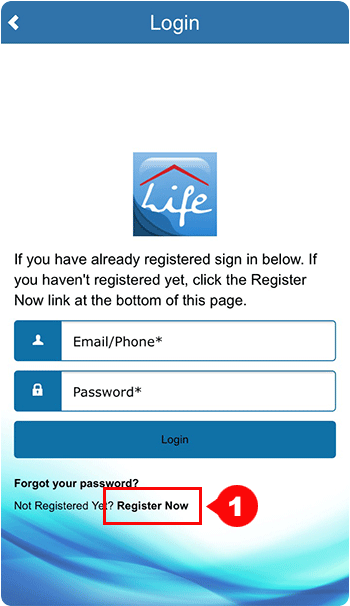
:max_bytes(150000):strip_icc()/ScreenShot2019-05-16at2.17.58PM-ac9bfc15c7a04dec8a2da163eb9f226f.png)
It made an additional $6 million through its deal with Arity, a “mobility data and analytics” firm owned by Allstate, which is disclosed as a data partner in Life360’s privacy policy.Īrity’s code, which is embedded in the app, enables “driving event history and crash detection” features. In 2020, location data sales made up nearly 20 percent of Life360’s revenue, netting the company $16 million, according to its financial records.
#Life360 app location sharing paused driver
“We’re essentially replacing a very large number of partners with a single partner with the exception of Arity, which is going to continue on the driver side,” Hulls said on the call. He did not share how much the deal with Placer.ai was worth.

In a call with investors on Wednesday, Hulls said that the transition from selling to about a dozen location data partners to just Placer.ai and Arity should not affect the company’s revenue. Hulls and Life360 did not respond to The Markup’s requests for comment. The deal with Placer.ai does not include data from the companies Tile and Jiobit, both of which Life360 announced acquisitions of last year. Hulls did not elaborate on what those risks were. He said that selling aggregate location data would mean “reducing business risk” for the company. “Life360 recognises that aggregated data analytics (for example, 150 people drove by the supermarket) is the wave of the future and that businesses will increasingly place a premium on data insights that do not rely on device-level or other individual user-level identifiers,” Hulls said in the announcement. Life360’s report described the arrangement as a “new data partnership” that “significantly advances privacy initiatives.” The app, which boasts more than 35 million users worldwide, will still be selling location data to the firm Placer.ai but in aggregate rather than raw, precise form, Hulls said. The app is a major source of raw location data for a multibillion-dollar industry that buys, packages, and sells people’s movements Decem08:00 ET Scroll down the info screen and tap “Burst Bubble.The Popular Family Safety App Life360 Is Selling Precise Location Data on Its Tens of Millions of Users.Press the “Active Bubble” icon on the map for the info screen.Tap the active Bubble or its creator’s avatar.Customize the size and duration of your Bubble.Press “Create a Bubble” on your map view.“After months of communicating with both parents and teens, I am proud to launch a feature that was designed with the whole family in mind, continuing our mission of redefining how safety is delivered to families,” he added. “Teens are a core part of the family unit - and our user base - and we value their input,” Hulls told TechCrunch. In the newest feature’s development stages, Hulls often referred to it as “Ghost Mode” when seeking input from TikTok users, implying the feature would allow teens to “ghost” their parents. On top of taking part in viral challenge, Hulls uses TikTok to directly interact with teens’ criticism of the app, and their desire for more privacy.

Similar to their campaign against President Trump’s campaign app, they rated Life360 with one star in an effort to get it kicked off the App Store. Young TikTok users previously launched a downrating campaign against Life360. In it, he attempts the “Bulletproof Challenge” and acknowledges the flack and hate he gets as Life360’s CEO - a common occurrence in his videos. Hulls takes part in the memes himself, such as the TikTok above. Life360 CEO Chris Hulls created a TikTok account to talk to younger users, who often make memes about dodging the app’s tracking. #life360 #banlife360 ♬ Bulletproof – La Roux TikTok Teens Serve as Inspiration needed a wake up call but hopefully #genz gives me another chance after we launch our new teen privacy features in September. Parents can also manually burst a Bubble at any time and get an exact location if they have safety concerns. If a car crash or emergency is detected, Bubbles will automatically burst. However, the main draw is that parents will not be able to see their teen’s precise location.īubbles also aren’t a foolproof way to hide one’s location. When the Bubble is created, the app’s other safety features remained enabled.


 0 kommentar(er)
0 kommentar(er)
